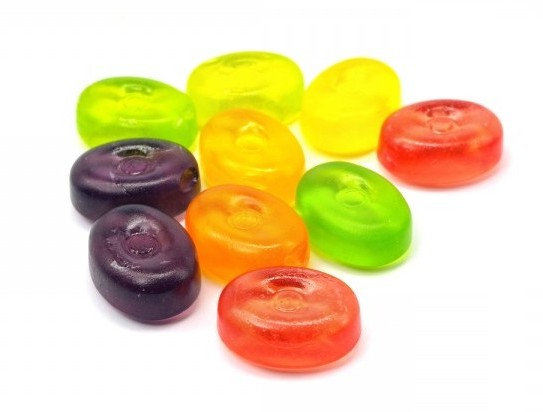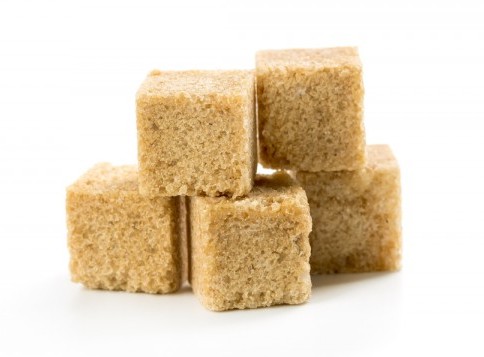PUBLISHED IN TCI WEEKLY NEWS
22nd March 2014
World Health Organisation Guidelines
The subject of sugar and its impact on health is very topical at the moment. The World Health Organisation (WHO) has recently issued revised guidelines for the healthy limit of sugar consumption, reducing this number to 5% of total calories consumed. This is due to the increasing awareness of the link between high-sugar foods and increase in weight gain/obesity and the associated diseases such as heart disease and Type 2 diabetes. WHO is particularly concerned about consumption of ‘free’ sugars. These are defined as sugars that are added to foods by manufacturers, and sugars that are naturally present in fruit juices, fruit concentrates, syrups and honey. Sugary drinks, such as soda, are possibly the most concerning.
Impact on Teeth
It does not come as a surprise that discussions about sugar consumption are also of interest to dentists due to it correlating closely with dental health. WHO note that they are also concerned about how the consumption of free sugars is contributing to the prevalence of dental diseases. Shockingly, recent WHO figures show that worldwide, 60-90% of school children and the vast majority of adults have dental cavities. Interestingly, studies in 12 year olds show that the region suffering with the highest dental disease is the Americas and we know that this is due to the high level of sugar is people’s diets. (At present Africa is relatively low for exactly the opposite reason.)

How can I reduce my risk
Dental decay occurs when sugar from food or drink is left on the teeth. Bacteria that live naturally in the mouth digest the sugar, turning it into acids. If not removed through regular brushing this acid dissolves the enamel surface of the teeth, which over time creates cavities in teeth. There are 3 sensible steps you can take to reduce your risk: 1) reduce the sugar in your diet, 2) ensure that you follow a sensible oral care regime of brushing your teeth twice a day (morning and last thing at night) and regularly flossing, 3) regular visits to your dentist.
I would particularly highlight sugary drinks as ‘high-risk’. You might imagine that Coke or 7-Up contains sugar but also drinks such as Gatorade, fruit juices, smoothies, and bottled iced-coffee or tea all contain either added or natural sugars. And because drinks are in liquid form, they very easily ‘swill’ around the mouth and so effectively coat the teeth in sugar.
Also consider when you are consuming your sugar. If you are consuming high-sugar snacks/ drinks continuously throughout the day, your risk of dental disease is much higher than if you were to eat the same amount in one ‘sitting’.